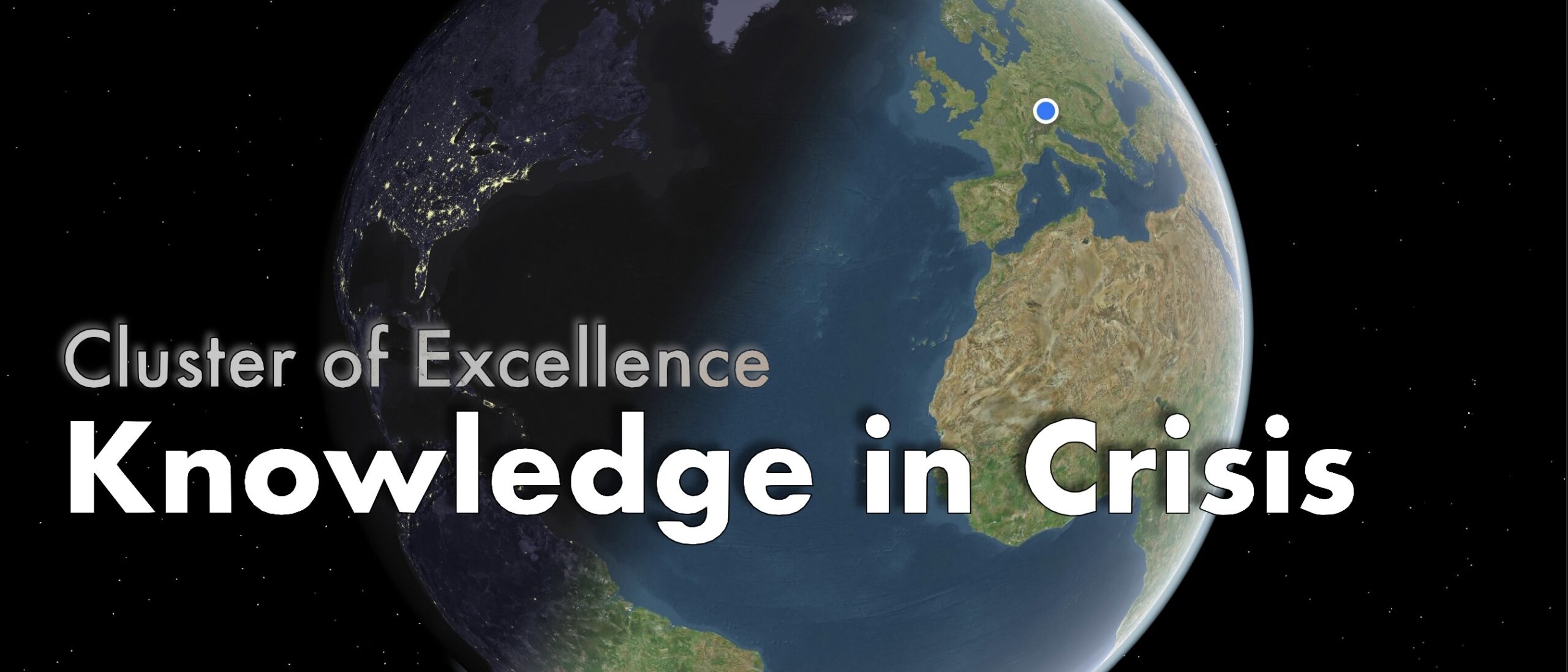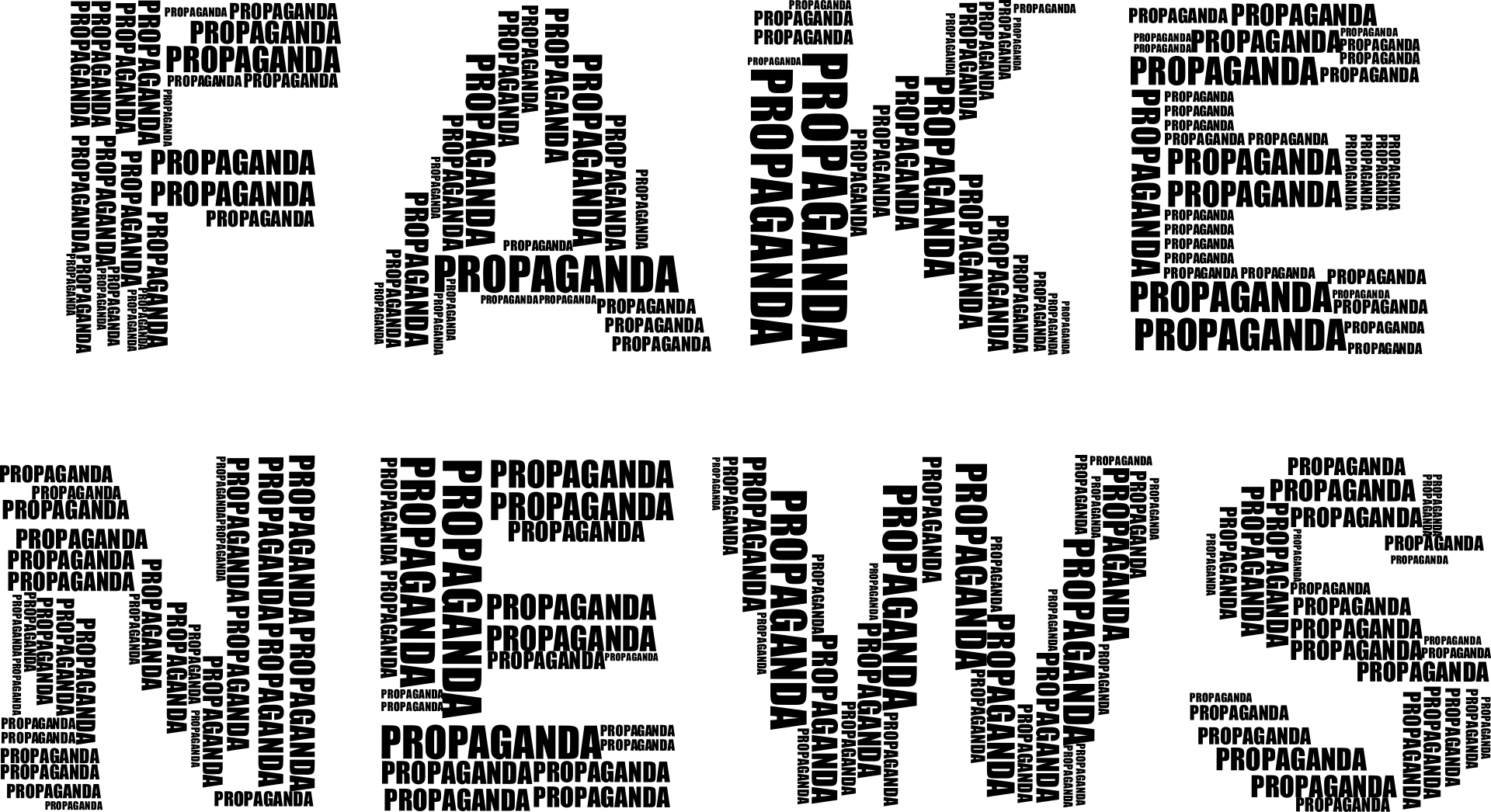
‘Cutting-edge research is an expedition into the future. The ‘Clusters of Excellence’ funding programmes send large teams on a journey to gain new insights in promising fields of research. This enables excellent researchers to strengthen long term collaboration across regional, thematic and institutional boundaries. The combination of cutting-edge research, research-led training and the promotion of young talent characterises a Cluster of Excellence.’
( FWF, Clusters of Excellence)
Knowledge in Crisis
Knowledge is what keeps society running. Without knowledge, we cannot manage the environment, our cities, healthcare, governments, education systems, science, culture and everything else that is important to us. Today, we are facing a crisis of knowledge. Our right to know is threatened by both technology and politics. And the very concepts of knowledge and truth are under attack. At the centre of the crisis of knowledge are philosophical problems about the relationship between knowledge, truth, science, ethics and politics – and ultimately our relationship to reality itself. ( Cluster of Excellence “Knowledge in Crisis”)
Researchers at the University of Salzburg
- Charlotte Werndl (Principal Investigator and Member of the Board of Directors, field of Philosophy of science)
- Anna Breitwieser (Doctoral student, field of education)
- Bettina Bussmann (Key Researcher, field of education)
- David Lanius (Researcher, field of education and epistemology)
- Benedikt Leitgeb (Doctoral student, field of Philosophy of science and epistemology)
- Nuno Mendes da Silva Maia (PostDoc, field of logic and epistemology)
- Julien Murzi (Key Researcher, field of logic and epistemology)
- Patricia Palacios (Key Researcher, field of Philosophy of science)
- Raimund Pils (PostDoc, field of Philosophy of science and epistemology)
- (Two to three additional employees will be joining in 2025-26.)
Key Data
- Project fund: FWF
- Funding amount: € 8.892.530 (total amount for the CEU and the Universities of Salzburg, Vienna and Graz)
- Project leaders: Tim Crane (Director of Research, Central European University, Chairman of the Board of Directors), Charlotte Werndl (Principal Investigator and Member of the Board of Directors, University of Salzburg) et al.
- Project duration: 10/2023 – 09/2028
- Project staff at the University of Salzburg: see above
- Project page: Knowledge in Crisis
Description of the Project
“If we do not have the capacity to distinguish what’s true from what’s false”, said Barack Obama in 2020, “then by definition the marketplace of ideas doesn’t work. And by definition our democracy doesn’t work. We are entering into an epistemological crisis“.
We believe that Barack Obama is right. Knowledge is the ultimate human resource: without knowledge, we can do nothing. Without knowledge, we cannot effectively manage the environment, our cities, healthcare, governments, education systems, science and culture. Knowledge is what makes our societies thrive and grow.

But today we are facing a knowledge crisis. The crisis has various causes: the endless supply of information on the internet, the radically new use of knowledge and data (e.g. in artificial intelligence), the rejection of knowledge and competence standards – even in democracies -, the phenomenon of ‘fake news’ and misinformation, conspiracy theories about the authority of science (e.g. about the COVID vaccine), from the various replication crises in science to the challenges from philosophy and the human sciences to the ideas of a single, objective, universal or absolute truth or even to the idea of truth as such. Our collective understanding of the role of knowledge in our lives is being seriously challenged. And yet, more than ever, we need scientific knowledge to solve the major problems we face today.
The project is a Cluster of Excellence of the FWF, and is being carried out jointly with the Central European University, the University of Vienna and the University of Graz. The overarching goal of the cluster is to address this crisis of knowledge, to understand it systematically in all its manifestations and to seek ways to combat it and reshape our relationship to knowledge. To achieve this overarching goal, the cluster will address a broad range of research questions that formulate their more specific research objectives. A unique feature of the cluster is the way in which the different research questions are interlinked: for example, questions of philosophy of language and philosophy of mind combine with questions of ethics or political philosophy, all under the overarching aim of understanding knowledge, its applications, uses and abuses, and the crisis in which knowledge currently finds itself.




